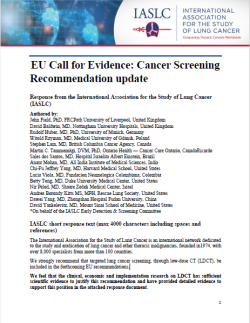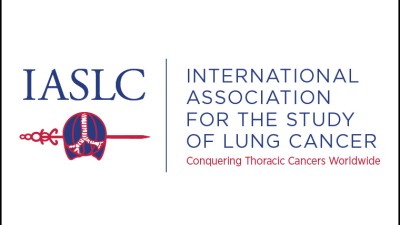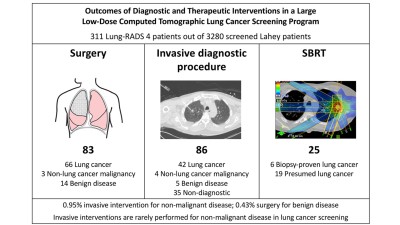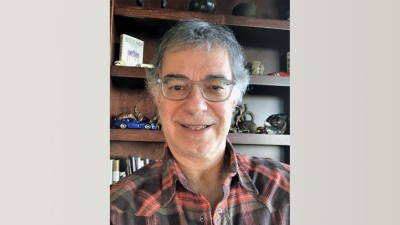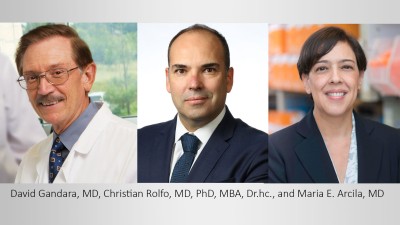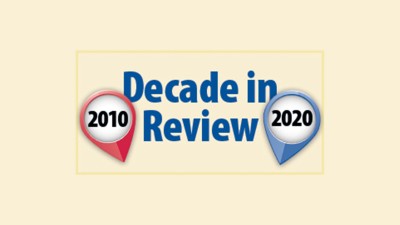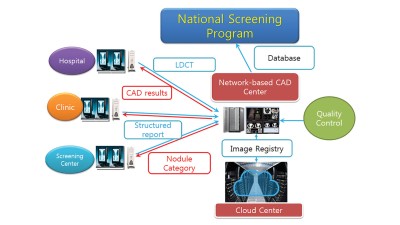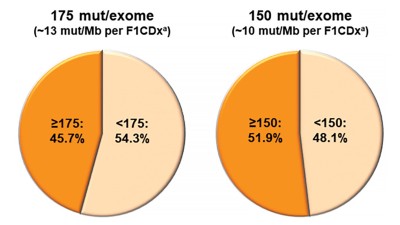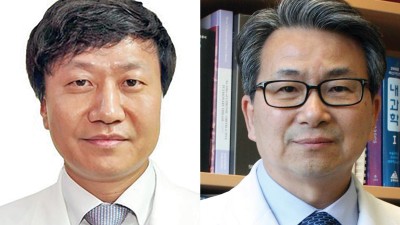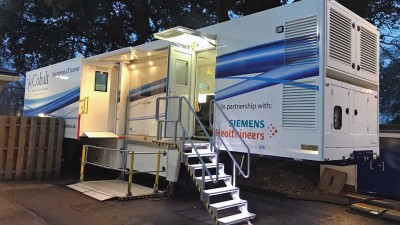The IASLC Screening and Early Detection Committee works to advance screening and early detection programs through education and research across the globe. They are a multidisciplinary group composed of leaders from medical oncology, nursing, radiology, thoracic surgery, pulmonary medicine, epidemiology, basic science, and advocacy organizations. They boast representation from North America, Europe, Asia, and South America. Overall, the IASLC Screening and Early Detection Committee plays a vital role in shaping the global landscape of lung cancer screening and early detection by leveraging the expertise of its diverse members and driving meaningful advancements in the field.

Committee projects
Chair of Committee

Rudolf Huber
2025-2027
2025-2027 Roster
Committee Responsibilities
- Research: They collaborate to identify and support research initiatives focused on improving screening methods, early detection technologies, and risk assessment tools, contributing to the development of evidence-based guidelines.
- Education: The committee designs and facilitates educational programs, workshops, webinars, and conferences to disseminate the latest advancements and best practices in lung cancer screening and early detection to medical professionals globally through the IASLC learning management system.
- Multidisciplinary Collaboration: Committee members, representing diverse medical disciplines, collaborate to integrate their expertise and perspectives, fostering a holistic approach to lung cancer screening and early detection strategies.
- Global Outreach: The committee engages with healthcare organizations, advocacy groups, and governments around the world to promote awareness, collaboration, and adoption of effective screening and early detection programs.
- Data Sharing and Analysis: They work to facilitate data sharing and analysis among institutions, promoting a data-driven approach to refining screening protocols, risk assessment models, and treatment pathways.
- Advocacy: The committee advocates for increased public awareness of the importance of early detection in lung cancer outcomes, engaging with patient advocacy groups, industry and policymakers to promote policy and funding support for national screening programs.
- Publication and Dissemination: They contribute to scientific literature through research publications, review articles, and position papers, disseminating their findings and recommendations to the broader medical community through publication in the Journal of Thoracic Oncology (JTO).




